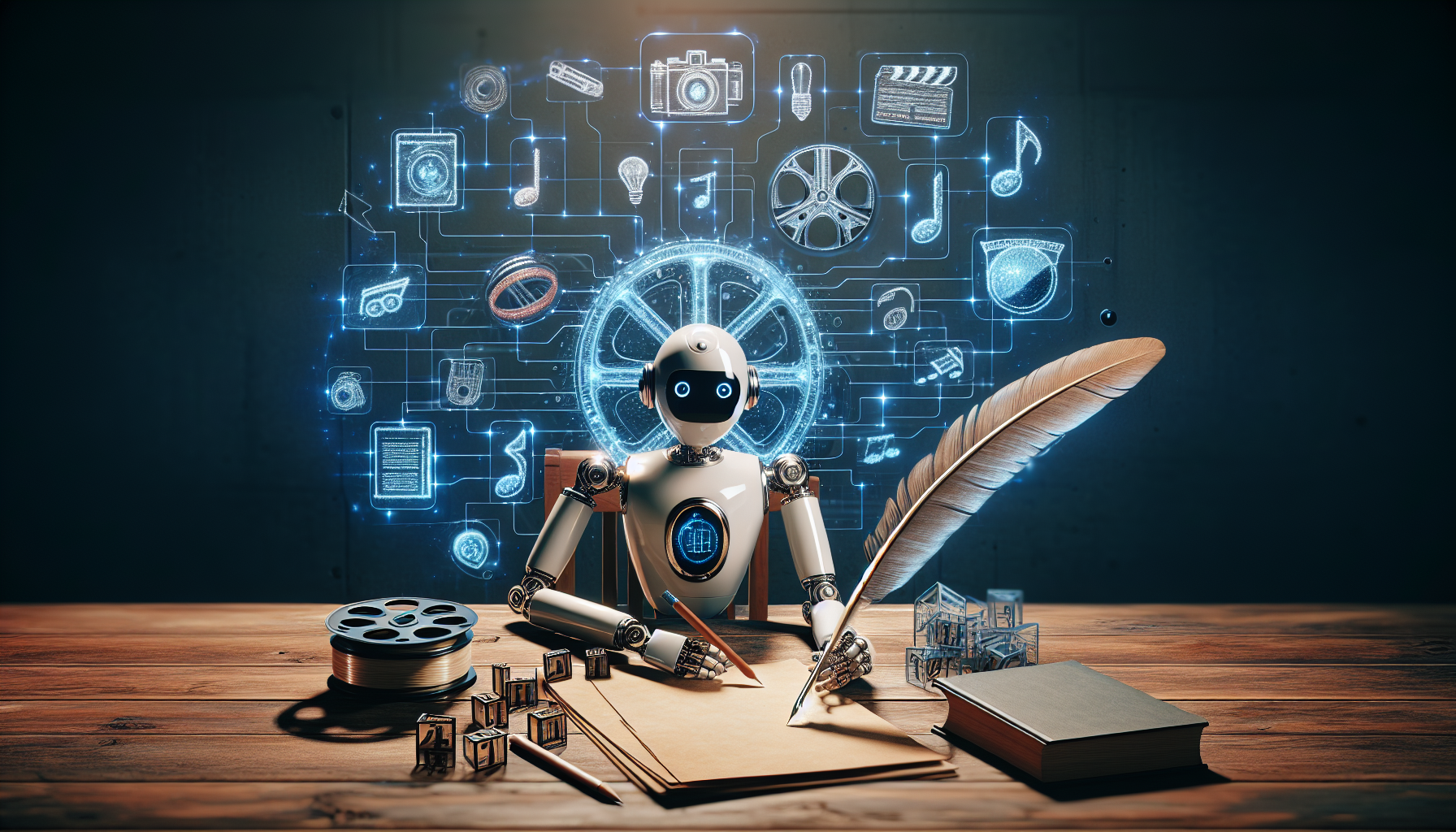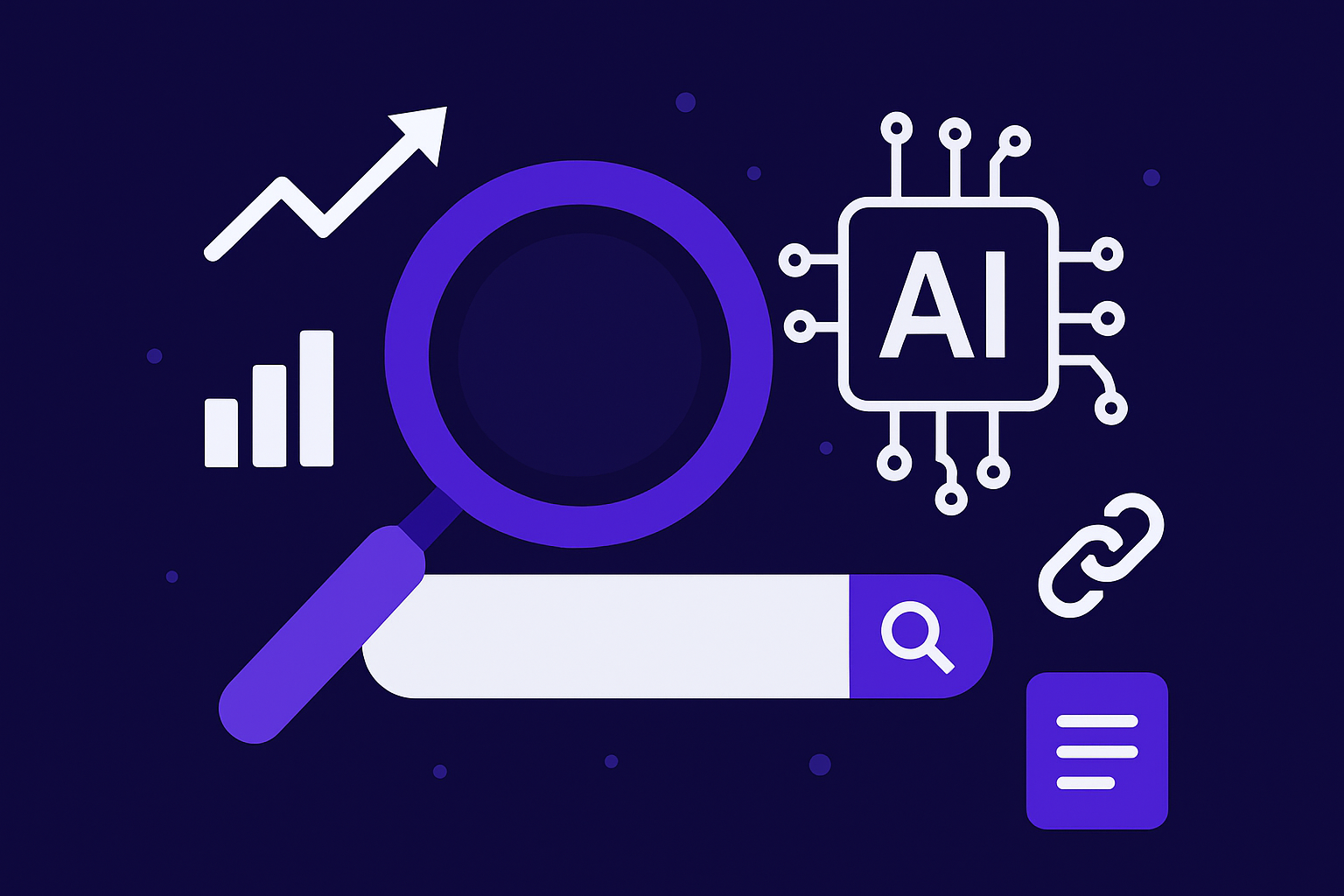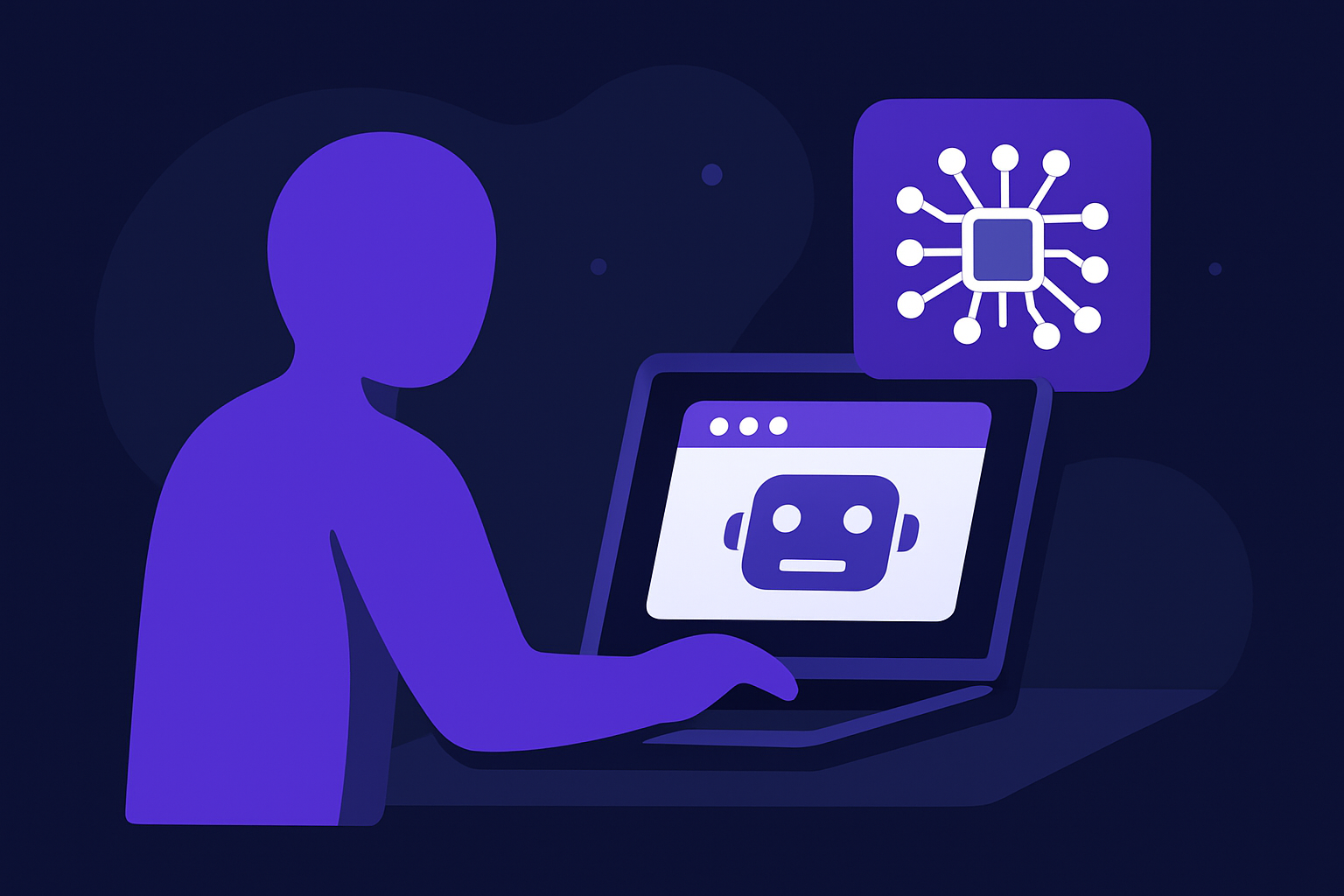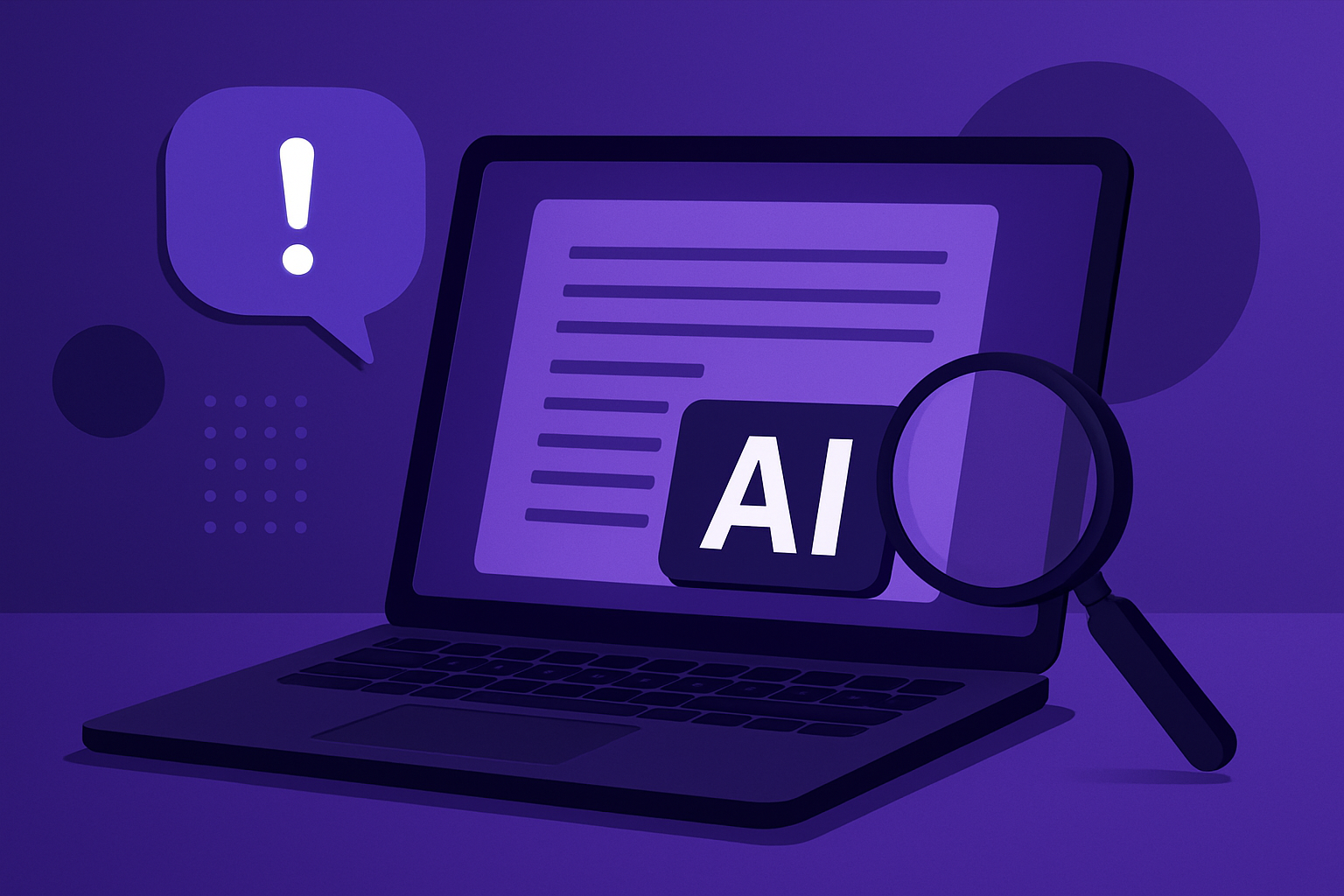In the ever-evolving landscape of digital media, the demand for content creation has grown exponentially. Businesses, artists, and influencers alike are constantly searching for ways to keep their audience engaged with fresh and relevant content. As technology progresses, artificial intelligence (AI) is becoming an essential tool in content creation, simplifying the process and enhancing creativity.
AI-powered content creation tools are designed to assist creators in producing high-quality content with ease, efficiency, and speed. These tools utilize machine learning, natural language processing, and other advanced technologies to analyze data, understand human language, and generate text, images, audio, and video content. This transformation is not just about automation but also about empowering creators to focus more on strategy and innovation.
Understanding AI-Powered Content Creation
AI-powered content creation refers to the utilization of artificial intelligence to aid in the development of digital content. This includes everything from blog posts and social media updates to videos and podcasts. The core idea is to leverage AI's ability to process vast amounts of data quickly and generate content that aligns with specific goals or themes.
One of the primary advantages of AI in content creation is its ability to analyze current trends and topics. By doing so, it can provide insights into what content will likely resonate with a particular audience. This data-driven approach allows creators to target their efforts more effectively, thereby increasing engagement and reach.
Moreover, AI doesn't just assist in content drafting. It can help in editing, proofreading, and even optimizing content for search engines. This comprehensive support makes it an invaluable asset for anyone looking to streamline their content production workflow.
The Role of Natural Language Processing
Natural Language Processing (NLP) is a vital component of AI-powered content creation. NLP enables machines to understand and interpret human language, making it possible for AI systems to create coherent and contextually relevant text. By analyzing sentence structure, grammar, and semantics, NLP ensures the content generated is both informative and engaging.
With NLP, AI-powered tools can perform tasks like sentiment analysis, which helps determine the emotional tone of a piece of content. This capability allows creators to tailor their messaging according to the mood they wish to convey, enhancing communication with their target audience.
Furthermore, NLP empowers AI to translate content into multiple languages, thus reaching a broader audience. This feature is particularly beneficial for businesses looking to expand their reach internationally without the need for extensive resources dedicated to translation.
Benefits of AI-Powered Content Creation
The benefits of utilizing AI in content creation are numerous. Firstly, AI can significantly reduce the time required to produce high-quality content. By automating repetitive tasks such as research and editing, AI allows creators to allocate more time to strategic thinking and creative development.
Another advantage is the consistency AI brings to content production. With AI tools, businesses can maintain a consistent tone and style across all their communications, ensuring brand coherence and improving customer trust and recognition.
AI also enhances personalization in content creation. By analyzing user data, AI can generate content tailored to the interests and preferences of individual users. This level of customization can lead to higher engagement rates and improved customer satisfaction.
Challenges and Considerations
Despite its advantages, AI-powered content creation is not without challenges. One major concern is the loss of human touch in content. While AI can produce grammatically correct and contextually appropriate content, it may lack the nuance and emotion that come from human experience.
Another issue is the potential for AI-generated content to perpetuate biases present in the data it was trained on. This can lead to unintentionally biased or inappropriate content, which could harm a brand’s reputation if not carefully managed.
Moreover, there are ethical considerations regarding the transparency of AI-generated content. Consumers might feel deceived if they are unaware that the content they are engaging with was produced by AI, emphasizing the importance of clear disclosure and ethical AI practices.
The Future of AI in Content Creation
The future of AI-powered content creation looks promising. As technology advances, AI systems will become even more sophisticated, offering new capabilities and possibilities. Improved algorithms and increased computational power will lead to more nuanced and creative content development.
Additionally, as more businesses adopt AI-driven solutions, there will be a greater emphasis on developing AI systems that align with ethical standards and practices. Transparency, fairness, and accountability will become integral parts of AI content creation processes.
Ultimately, AI will continue to transform how content is created, distributed, and consumed. By embracing these changes, creators can stay a of the curve and leverage technology to connect with audiences in innovative ways.
In conclusion, AI-powered content creation is revolutionizing the digital landscape by providing efficient, effective, and creative ways to develop content. As AI technology continues to evolve, it holds the potential to further simplify and enhance the creative process, helping creators meet the growing demand for engaging and relevant content.
While challenges exist, particularly around maintaining authenticity and ethical considerations, the benefits of AI in content creation are undeniable. By striking a balance between technological advancement and human creativity, we can harness the full potential of AI to produce content that resonates with audiences worldwide.













